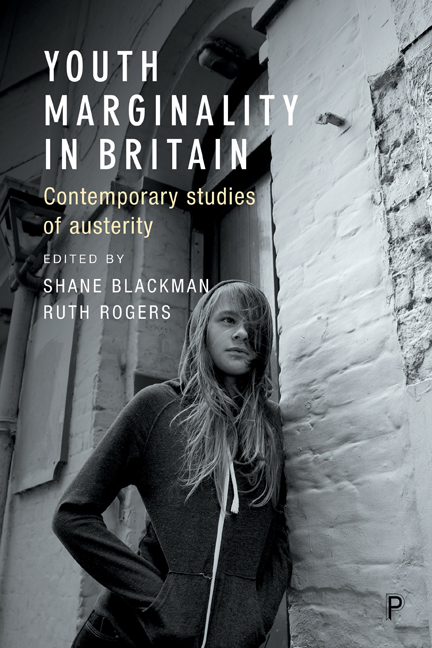Foreword
Published online by Cambridge University Press: 05 April 2022
Summary
Why do we study youth? One could argue that there is nothing inherently interesting about young people. Especially now that so much ‘youth cultural’ activity has become commodified, commercialised, mainstream and, in fact, consumed by adults, it is difficult to see how young people are de facto any more, or less, sociologically fascinating than people older or younger than them.
This might appear to be an odd opening salvo for a new edition about youth in the UK but, just as sociologists question the takenfor-granted assumptions of others, it is fair to do the same reflexively and ask: ‘What is Youth Studies for?’
In trying to answer that question (see MacDonald, 2011), I think we need to look beyond the particular characteristics or practices of young people (for example, their youth cultures and identities) to look at ‘youth as a life-phase’. In so doing, we conceive of youth as essentially transitional: a period of movement between the dependence of childhood to the anticipated independence of adulthood. This has become one of the dominant approaches to studying youth in the Global North (Coles, 1995; Furlong, 2017) – and the chapters in this book contain plenty of evidence of the value of this perspective. If new social trends emerge it is feasible that they will be seen here first, or most obviously, among the coming, new generation of young adults: youth as harbingers of the future society. If the economy can no longer provide sufficient standard employment it is likely that young people, as new entrants to the labour market, will be among the first to feel the effects. If house prices outstrip incomes, it will be young adults not yet on the ‘housing ladder’ who are most likely to be excluded. If ‘choice biographies’ replace ‘normal’ ones, if the conventional work ethic dissipates, if family forms become less standard, if radical politics or parties gain force, if patterns of social inequality loosen or take on unfamiliar forms, it is likely that we will see these changes first in the youth phase, as young people make transitions to adult life. This is one very important reason for studying youth: doing so allows us to undertake close-up investigation of wider processes of social change – and social continuity – and, as such, to answer questions of wide relevance for social science (Furlong and Cartmel, 2007).
- Type
- Chapter
- Information
- Youth Marginality in BritainContemporary Studies of Austerity, pp. xii - xxPublisher: Bristol University PressPrint publication year: 2017

